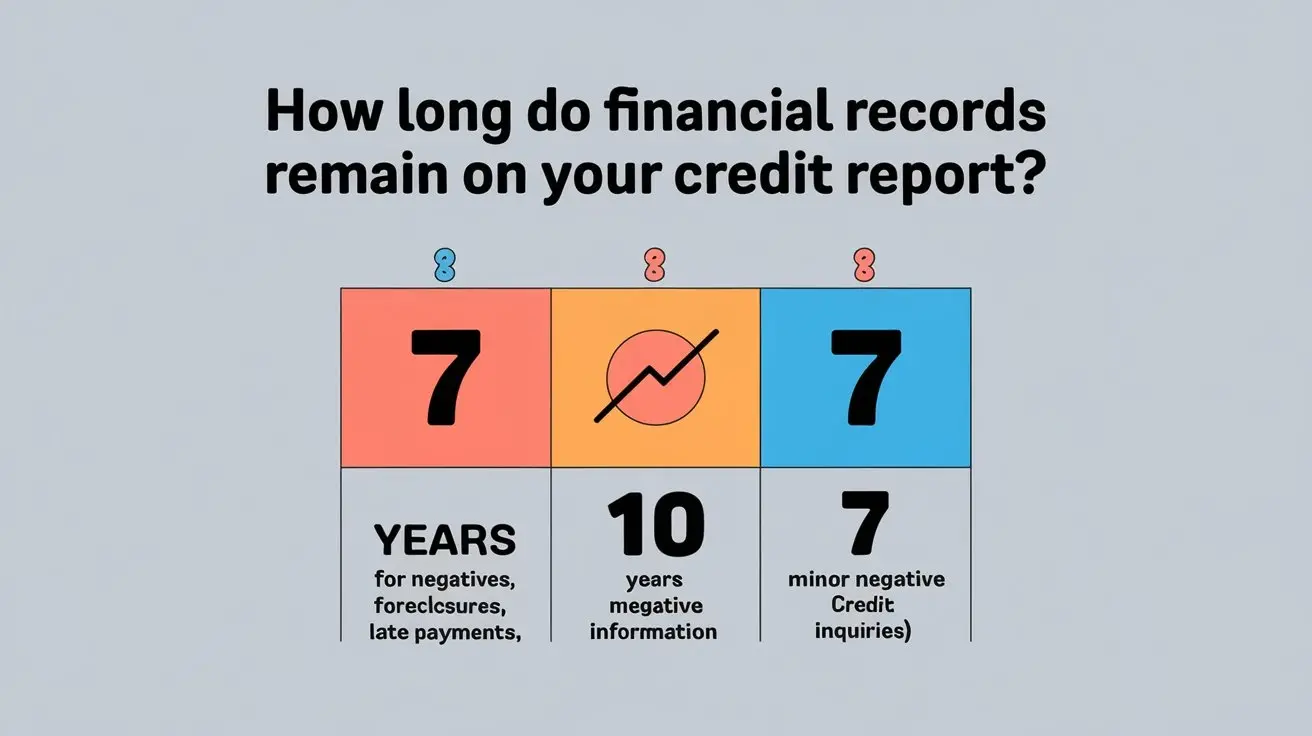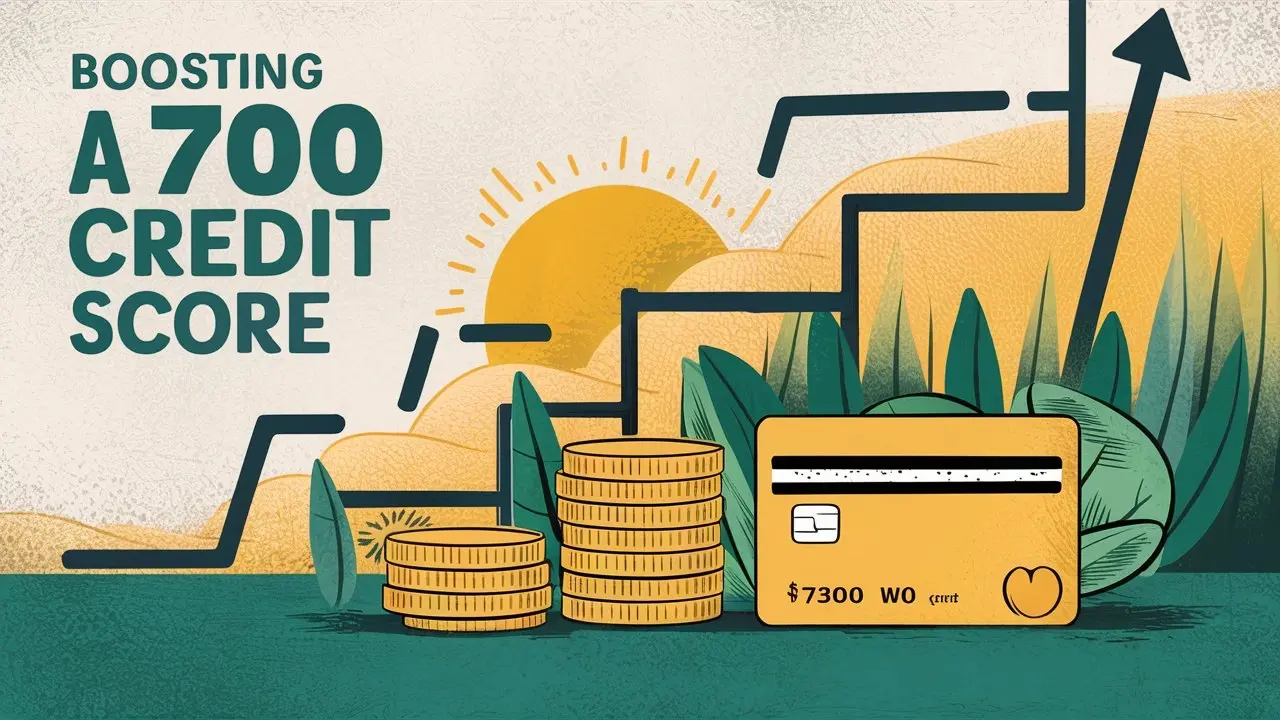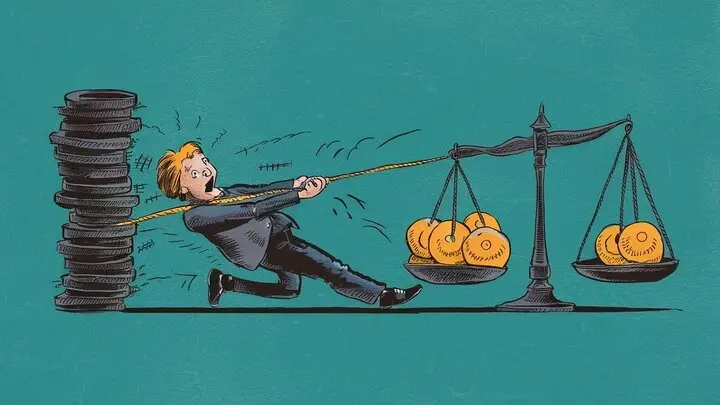
checking your credit score has become a frequent practice for everyone seeking to be wise about their money. You could have heard some disturbing tales, however, that looking at your credit score will lower it. Does this have any validity or is it only an urban myth?
The sort of credit check determines the response as well. Although your credit score is not much affected by any kind of credit check, other kinds might cause a little decrease. Here is a deeper view of the many types of credit checks and how they might influence your crucial credit score.
Soft vs Hard Credit Inquiries
Regarding credit checks, there are two primary categories:
Soft Credit Inquiries
- Created when you review your credit score or report
- Conducted by businesses seeking pre-approval of you for offerings
- Does not at all affect your credit score.
- As a consumer, seeing your credit is your right.
Hard Credit Inquiries
- Results from a creditor looking over your credit application or loan report.
- cause a few-point transient decrease in your score.
- Short bursts of many demanding questions might be more detrimental.
- Your credit record still shows hard queries for up to two years.
Soft queries where you check your credit score carry no danger, as you can see. Hard questions asked by lenders might, nevertheless, somewhat lower a credit score. But why is this so?
The Logic Behind Credit Score Dips
Models of credit scoring such as FICO use your credit report, and hard inquiry count. Although a single search could just cost a few points, scoring algorithms see several hard queries as a possible red signal suggesting an intense search for new credit - which might imply high debt risk.
Your credit record still shows hard queries for up to 24 months as well. Thus, looking for too many new credit accounts over a short period might be seen as a bad indication of your financial health.
Still, one should consider these scoring penalties in context. FICO claims that a rigorous inquiry from one lender is only likely to lower your score by fewer than five points. As long as you're not applying everywhere, comparing credit card or loan rates from many different institutions shouldn't seriously lower your score.
Best Practices for Credit Inquiries
Use this advice to play it safe and preserve your valuable credit score:
- Apply just for the credit you need, then strive to reduce hard queries.
- Rate shop for loans within a 14–45 day timeframe (score algorithms interpret several searches for mortgages, car loans, etc. as a single query).
- Review your credit reports often for any errors including illegal hard inquiries.
- With bank tools, apps, free websites, etc., feel free to routinely monitor your credit score.
- Space out applications for new credit by six plus months whenever feasible.
- If your score dropped from harsh inquiries, it should recover within a few months as long as you avoid accumulating additional
Although a few points may not seem like much, qualifying for the best interest rates and loan conditions requires a maximum credit score. And over time, every little decrease might mount up. Thus, keep closely monitoring your credit and be reasonable in minimizing pointless queries that might do more damage than benefit.
Call (888) 803-7889 to check your credit score now!
Resource
The reason to credit score drop
3 ways to boost your credit score (and 3 ways to damage it)
How to fix credit to buy house?
How to Cancel a Chase Credit Card




